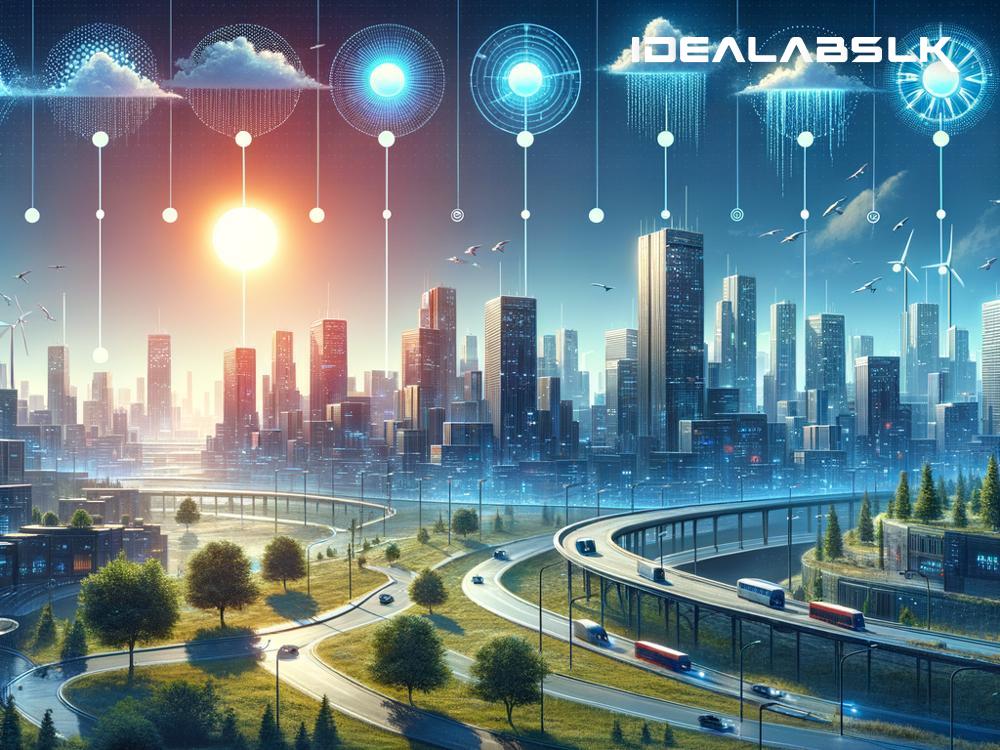How AI Will Drive Dynamic Weather Systems in 2025 Games
Video games have come a long way from the pixelated landscapes and linear backgrounds of early consoles. Today, they offer immersive experiences that closely mimic real life, complete with dynamic weather systems that can change the entire gameplay. But as we march towards 2025, the integration of Artificial Intelligence (AI) is set to revolutionize how weather systems operate in video games, making them more realistic than ever before.
The Evolution of Weather in Games
In the past, video game weather was static, meaning it didn't change or had very limited changes that didn't significantly impact the game. Rain or sunshine, the game's world remained largely unaffected. However, recent advancements have seen the introduction of dynamic weather systems that can influence gameplay, adding a layer of strategy and realism. But as impressive as these developments are, they are just the tip of the iceberg compared to what's coming.
AI: Game Changer for Weather Dynamics
Artificial Intelligence (AI) is at the forefront of this revolution. AI technology, which simulates human intelligence processes by machines, is set to create weather systems in 2025 games that are not only dynamic but also predictive and responsive to player actions.
-
Predictive Weather Systems: Imagine playing a survival game where the weather system can predict in-game conditions based on a variety of factors, such as the season, the geographical location of the virtual world, and even the player's actions. AI algorithms would analyze these data points to generate weather conditions that are unpredictable yet logical, enhancing the game's realism and challenge.
-
Responsive Weather Dynamics: AI can also make weather systems respond to the player's actions. For example, if a player is repeatedly exploiting a particular environment for resources, AI could trigger a drought in that area to mimic real-world ecological consequences. Such interactive weather systems would not only make the gaming experience more immersive but also teach players about sustainability and the impact of their actions on the environment.
-
Enhanced Visuals and Sound Effects: AI-driven weather systems will also significantly improve the audio-visual representation of weather in games. With AI, the transition from calm to stormy weather or from day to night will be smoother, with nuances in lighting, shadows, and sound effects making these transitions almost indistinguishable from real life.
-
Impact on Gameplay and Strategy: Dynamic weather systems will also affect gameplay mechanics and strategy. Players will need to adapt their strategies based on weather patterns. For instance, a sudden snowstorm could reduce visibility and mobility, requiring players to seek shelter or change tactics. Such elements will add depth to games, compelling players to think on their feet and make quick decisions based on changing conditions.
The Challenges Ahead
While the promise of AI-driven weather systems in 2025 games is exciting, there are significant challenges to overcome. The complexity of creating a predictive and responsive weather system requires immense computational power and advanced AI algorithms. Moreover, developers must ensure these systems enhance the gaming experience without making it frustrating or overwhelmingly difficult for players.
The Future of Gaming
As we look to 2025, it's clear that AI will play a pivotal role in the development of video game weather systems, creating more immersive and realistic worlds. These advancements are not just about making games look and feel better; they're about deepening the player's connection to the game world, making every action consequential, and every decision strategic.
The integration of AI into video game development signifies a shift towards creating gaming experiences that are not only entertaining but also incredibly lifelike. The dynamic weather systems of tomorrow promise to make the virtual worlds we explore more unpredictable and fascinating, mirroring the complexity and beauty of the real world. As gamers, we stand on the brink of a new era, ready to dive into worlds where every raindrop, every gust of wind, and every ray of sunshine is a testament to the incredible potential of artificial intelligence in gaming.

